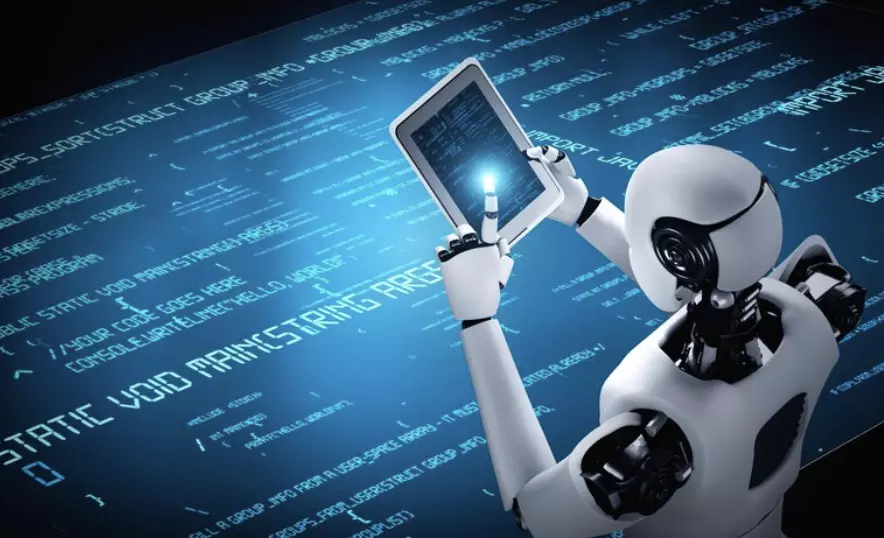OpenAI’s A-SWE (Agentic Software Engineer) eyes to replace human coders and testers
Could OpenAI’s A-SWE (Agentic Software Engineer) eventually replace human coders and testers?

OpenAI is working on a new AI agent that’s already raising eyebrows in the tech world. Dubbed A-SWE (Agentic Software Engineer), this upcoming AI agent is designed to go beyond what today’s coding assistants like GitHub Copilot offer. According to OpenAI CFO Sarah Friar, A-SWE won’t just help software developers — it will build complete applications, run quality assurance tests, fix bugs, and even document the code.
Speaking at a Goldman Sachs event, Friar explained, “It can take a PR (pull request) that you’d give to any other engineer and go build it. But it also does the things engineers hate: QA, bug bashing, documentation… Suddenly you can multiply your software engineering workforce.”
If this AI performs as promised, it raises an unsettling question for many in the industry: Are software developers and testers at risk of losing their jobs? After all, if a tool can write, test, debug, and document software by itself, the traditional roles of developers and QA engineers could shrink or shift.
However, this isn’t the first time OpenAI has made bold claims. Earlier this year, it introduced AI agents like Operator and Deep Research, positioned as replacements for personal and research assistants. While impressive, these tools are still limited to ChatGPT’s paid customers and haven’t entirely lived up to their ambitious promises.
One major challenge? AI models like these still suffer from hallucinations — confidently producing incorrect or misleading results. While errors are part of human work too, AI often presents misinformation with such authority that it becomes difficult to spot. This issue has persisted since ChatGPT’s public launch in 2022, and many experts remain skeptical about how well AI can handle complex, high-stakes software tasks without oversight.
Though other companies like xAI and Perplexity are building similar tools, none have fully replaced human roles in coding or testing. So, while OpenAI’s A-SWE might sound like a job killer, it’s wise to be cautious. Tech layoffs won’t happen overnight, and human expertise will likely remain essential for critical thinking, creative problem-solving, and handling exceptions AI can’t predict.
For now, A-SWE is more likely to be a force multiplier — making engineers faster and more efficient — than a total replacement. Still, it’s a space worth watching closely.

